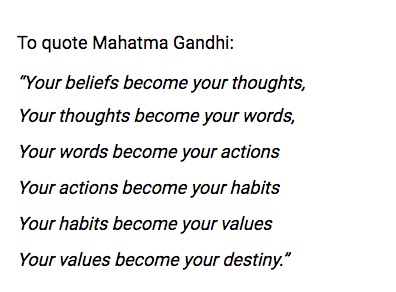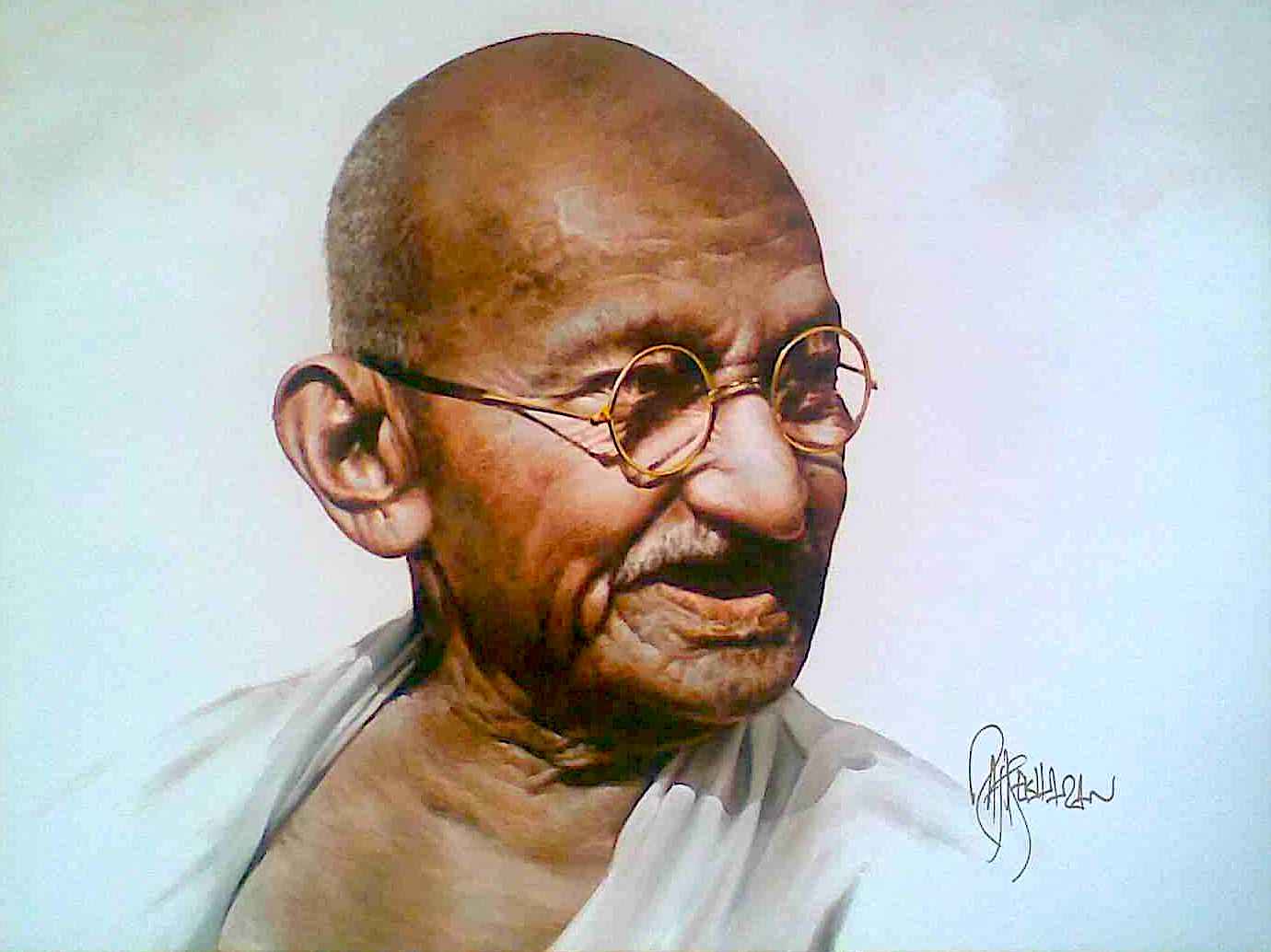This is the last in the series on the 7 Heavenly Virtues. So far we have looked at Chastity, Temperance, Charity, Diligence. Today we look at Patience, Kindness and Humility.
Patience Kindness and Humility: Patience
I'm sure you've been involved in a traffic jam and hear honking cars... or perhaps you've been in a restaurant and hear someone abuse the waiting staff.
Maybe you see someone on social media getting frustrated because the videos are taking too long to load. All are examples of people who are impatient!

Being patient means being able to endure temporary hardship or misfortune without becoming angry.
It is different to diligence, which applies to situations where someone is working towards a goal that is yet to be achieved.
As a human quality, patience has both religious and non-religious perspectives.
Judaism, Christianity, Islam, Buddhism and Hinduism all make reference to the virtue of patience.
From a non-religious perspective, patience is also regarded as a desirable trait. In psychology it is often referred to as 'self-control', or 'emotional self-regulation'.
Let's drill down a bit and ask our 4 Questions about patience.
Q: Is the thought or feeling of patience beneficial to the individual?
A: Yes. By being patient the individual minimises negative thoughts that could be harmful to them. If these negative thoughts persist for too long, the quality of life suffers and happiness is elusive.
Q: Is the action of patience beneficial to the individual?
A: Because patience is a state of mind, and the behaviour is in 'not' taking action, the 'action' of patience has no meaning.
Q: Is the thought of patience beneficial to others?
A: Because thoughts themselves do not affect others, there is no observable benefit.
Q: Is the action of patience beneficial to others?
A: Yes, if the individual's behaviour affects others. For instance, if someone is patient at a restaurant, the waiter will miss out on being abused! Of course, this is stretching things a bit because there is no direct action on the other individual.
Patience Kindness and Humility: Kindness
When people are 'kind', there are several meanings. Words that come to mind are: generosity, consideration, compassion, etc.
However the word has also become synonymous with altruism and benevolence, although there are subtle differences in definitions.
Again, besides Christianity, kindness finds its way into other religions and philosophical systems as another universal value.
To clarify what kindness is, let's apply our 4 question test (link).
Q: Is the thought or feeling of kindness beneficial to the individual?
A: If the individual has kind thoughts, they are usually beneficial in the long run. Being positively disposed towards others leads to inner peace and happiness.
Q: Is the action of kindness beneficial to the individual?
A: In most cases, the act of kindness is a consequence of the positive feelings of kindness. When actions back up words, there is positive feedback and more positive feelings.
Q: Is the thought of kindness beneficial to others?
A: Not on its own. Unless you believe in telepathy, that is!
Q: Is the action of kindness beneficial to others?
A: In most cases, yes. However the other party may not appreciate the kindness.
Patience Kindness and Humility - Humility
Humility is the quality of being humble. In turn, this means not being excessively proud or arrogant.
Most religious and philosophical systems regard humility as a virtue. That is, a quality that is regarded as good, or something that is held in high esteem by oneself and others.
However, humility is not
a) having a low regard for yourself
b) being humiliated.
To illustrate this further, let us ask our 4 questions.
Q: Is the thought or feeling of humility beneficial to the individual?
A: So long as these thoughts are not self-depreciating, no.
Q: Is the action of humility beneficial to the individual?
A: Being humble can be confined to thoughts and feelings only, in which case actions are not relevant. However in the case of 'acting humble', the action can reinforce the feelings and thoughts of humility.
Q: Is the thought of humility beneficial to others?
A: As with all thoughts, they have no direct impact on others.
Q: Is the action of humility beneficial to others?
A: If the actions directly affect others, most likely yes. If they do not affect others, then no.
Conclusion
The last three Heavenly Virtues - Patience, Kindness and Humility - all have consequences on others when actions are considered. However when just thoughts are considered, only the individual sees any consequences.
This pattern shows itself for all of the so-called virtues.
We've now completed both series on the 7 Deadly Sins and the 7 Heavenly Virtues. In all cases where actions are considered, other individuals are most likely affected. In all cases where thoughts or feelings are considered, others are not affected.
Previous Article: Temperance Charity and Diligence: 7 Heavenly Virtues Part 2





